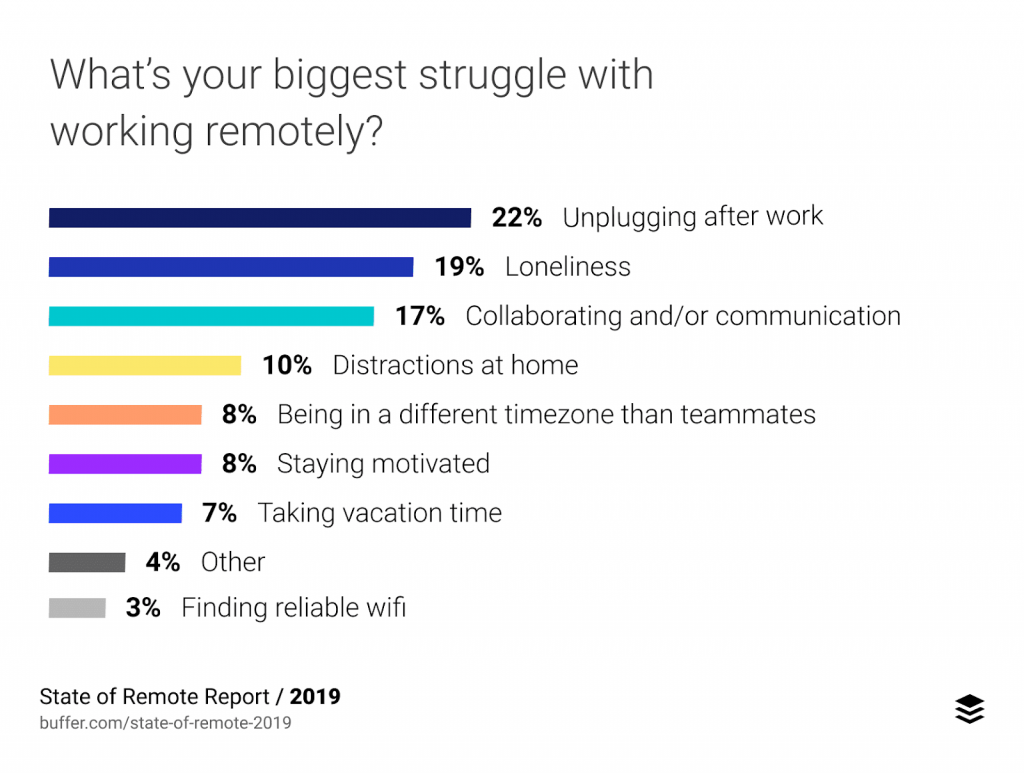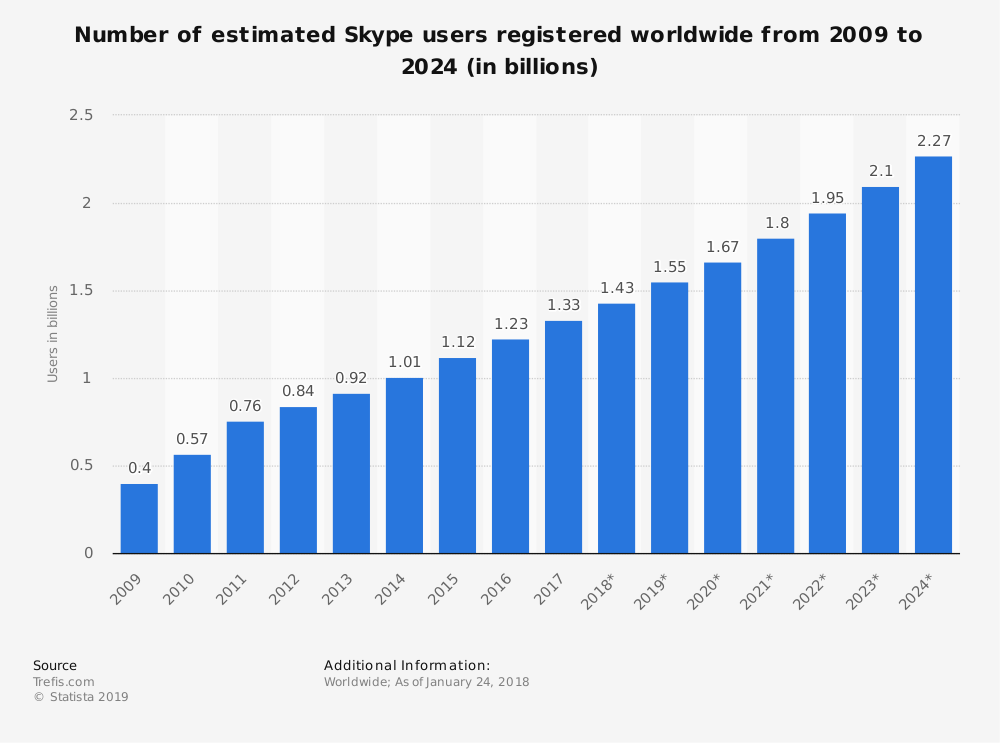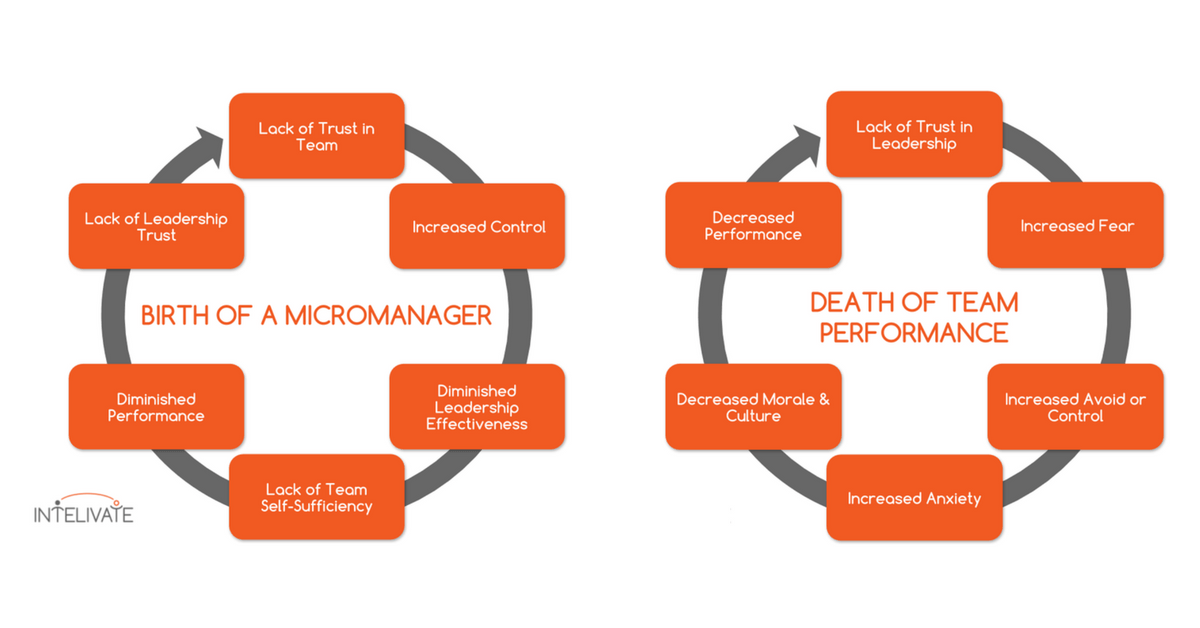Best Remote Team Communication Tips for Effective Team Management
- Aayush Gupta
- April 28, 2020
- 6 Minute Read

A recent study informs that employee productivity improves by 25% when employees feel connected with their coworkers and the company. Such a connection can happen when a company has a strong and effective remote team communication mechanism in place.
“Like a human being, a company has to have an internal communication mechanism, a ‘nervous system’ to coordinate its actions.” Bill Gates.
Effective Communication is Key
Effective communication is a soft skill that has a tangible and measurable impact on business success.
A study involving 195 leaders from 30 organizations across 15 countries rated communication skills as the most important element of business success. That’s from a report published in the Harvard Business Review.

The scenario doesn’t change when you work with distributed offshore teams. You just need to be innovative in the way you handle communication.
Top 10 Remote Team Communication Tips to Help You with Effective Team Management
Tip 1. Organize Regular Online Meetings For All The Teams
It is critical to ensure that communication breakdown does not become a staller when you work with offshore distributed teams. Regular and sustained remote team communication is the solution.
Creating a schedule of weekly online meetings with your offshore remote teams is a good practice.
Prima facie, it seems to be a challenge when teams are in different timezones. However, it is not an insurmountable problem. All it needs is some adjustments on all sides.
All the parties involved need to be ready to attend meetings beyond so-called regular office hours. It is possible to fix mutually agreeable timings then.
Suppose you are in the U.S. in an EST zone and one of your remote teams is in India. That’s 10.5 hours of difference in summer and 11.5 in winter. In summer, 9 am EST is 6.30 pm IST. That’s workable, right?
There’s no dearth of tools for online conferencing. Skype continues to be the most popular with 1.33 million users globally in 2017. Utilizing Unified Communication Solutions can significantly bridge the gap, enabling seamless collaboration regardless of geographical differences.
Tip 2. Adopt A Project Management Tool
There are several online remote team management tools to choose from. Jira, Proofhub, Slack, and Trello are some of the popular ones.
When you work across time zones, the use of these technologies improves remote team communication and team functioning. The important thing, however, is to stick to the platform once you’ve chosen it.
The proliferating remote working culture is coordinated with some popular remote team communication tools like Skype and Zoom.

Insist on the use of the platform for all project-related communications. Discourage your remote team project managers from picking up the intercom to instruct their colleagues next door.
Tip 3. Introduce Agile
The Agile approach originally emerged for software development teams to collaborate. However, it has since been adapted for use across diverse businesses.
Lonely Planet, for example, is a renowned publisher of travel books. The company’s legal team has adopted an Agile approach. In 2019, they reported a 25% productivity hike.
The Agile approach is particularly suitable for managing remote teams as the focus is on distributing project deliverables across the project timeline. That facilitates the immediate identification of bottlenecks and time-lags.
Adopt the part of Agile that suits your project. Do not worry about the processes.
Tip 4. Share the Vision
“Few, if any, forces in human affairs are as powerful as a shared vision.” That is what celebrated Systems Scientist Professor Peter Senge says.
When working on managing remote teams effectively, getting the team on board about the project deliverables is critical. Sharing the larger vision is what works best, experts say.

Tip 5. Connect Each Team Leader With One In-house Team Person
Depending on the number of remote teams you have, make one in-house person connect with the team leaders/ project managers of one, two, or three teams.
Let your offshore team leader know that X is the person to approach with all the questions, and for all clarifications. Inform your in-house team members that they are responsible for the overall performance of the team/s they are in charge of.
Foster a buddy culture between the two team leads – offshore and in-house.
The typical application of the buddy system is for the onboarding of new employees. However, it is a structured approach flexible enough to be adapted for longer-term use.
Read more about the buddy system here.
Tip 6. Be Culture-sensitive
To be culture-sensitive is to recognize, acknowledge, and respect the diversity of cultures. When you work with offshore remote teams, it is of paramount importance to be aware of cultural differences.
The key is to ask polite questions, inform experts, when you don’t understand something. That minimizes the chances of misunderstandings resulting from cultural variations and makes remote team communication effective.
Tip 7. Clarify That Asking Questions Is Fine
This is a cultural issue particularly applicable to the Asia-Pacific region. Asking questions, especially to people considered senior or superior, is considered a mark of immodesty.
In case you have offshore distributed teams in countries in this region, it is critical to clearly state that asking questions for clarification is alright.
It is also a good practice to state it clearly to all your remote teams, wherever they are.
This is an area where the buddy program works especially well. That helps reduce the inhibitions people might have about raising questions. They feel easier to pose those questions to the buddy they have in your company.
Tip 8. Be Inclusive In Your Approach
“You have to be run by ideas, not hierarchy.” That’s what Steve Jobs said in his last interview in 2010 during All Things Digital’s D8 Conference. He died next year.
Be inclusive in dealing with your offshore distributed teams. Discourage hierarchy in your teams and do not practice it yourself. You will get greater productivity.
Not to be hierarchical is not to lose authority. It has more to do with working together with a team on the basis of a shared vision.
If you are openly trusting and inclusive in your approach, you won’t have to watch over your teams. They will deliver.
Tip 9. Treat Offshore Teams Like Partners
If you actually practise everything we have been saying so far, this will happen naturally.
Working together is a partnership that extends beyond the client-vendor relationship. Remember the costs that your distributed teams save you and the value additions they bring.
That will help you treat them as long-term business partners, rather than as short-term suppliers of some services. Moreover, the partnership approach adds for effective and transparent remote team communication.
Tip 10. Do Not Micromanage
Provide oversight and guidance by all means. Set up monitoring systems to ensure that things are on track. Utilize your remote team management tool optimally for that.
But resist the temptation to micromanage when effectively managing remote employees. If you allow your teams to function in their own styles, the chances of project success are considerably higher.

Remember that micromanaging remote teams is also a waste of time for you.
Fine Print
What we have presented here doesn’t contain euphemisms from management textbooks or blogs. We have based our research on interviews by business icons like Bill Gates, and Steve Jobs. On publications by eminent scientists and academics like Peter Senge.
And on employee reviews of Google, ranked the best employer in the world for the second consecutive year by Reputation Institute’s 2019 Global Workplace 100 study.
These are all real-life doable tips. Follow them to manage your offshore distributed teams effectively.


Thank you for submitting the details!
We will keep your information safe. Feel free to contact us with any questions at hello@uplers.com
Please check your email for next steps shared by Robert.















